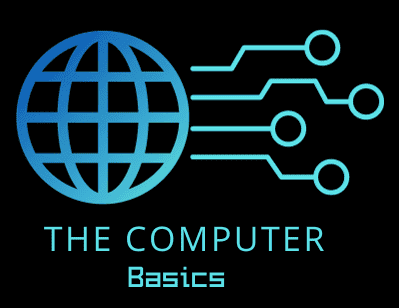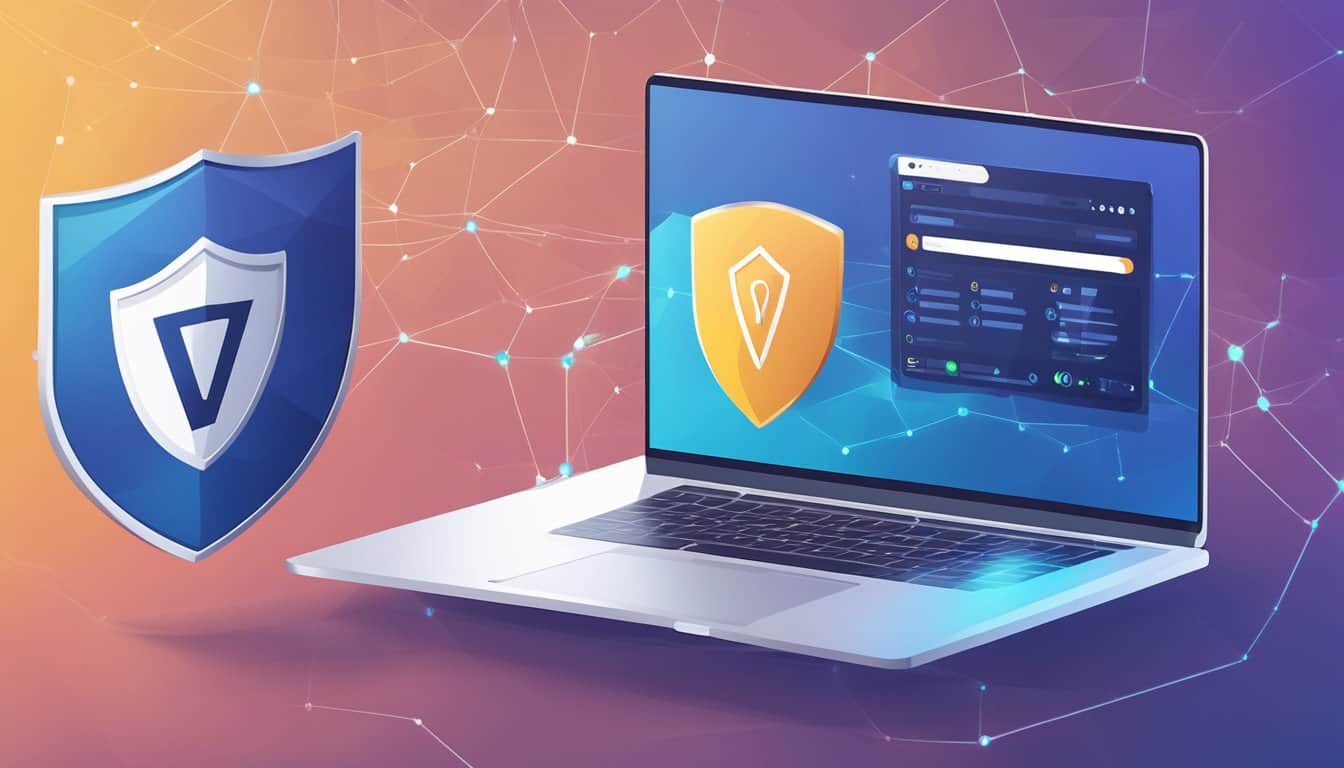In the quest for personal privacy and operational security in the digital age, virtual private networks, or VPNs, have taken center stage.
They serve as the digital cloaks for your online presence, whether you’re browsing at home, on public Wi-Fi, or traveling abroad. They offer an enhanced layer of defense that protects your data from prying eyes.
With a VPN, your internet connection is routed through a secure and encrypted tunnel, ensuring that your private information stays just that—private.
The use of VPNs has grown not just among the tech-savvy crowd but has also become mainstream for anyone looking to safeguard their online activities.
By masking your IP address and scrambling your web traffic, a VPN makes it tougher for third parties to track your movements online and steal sensitive data. Plus, they’re not just for desktop computers; mobile VPN apps have become a vital tool in maintaining online security on the go.
Besides security, one of the biggest perks of using a VPN is the ability to bypass geographic restrictions.
Ever hit a “content not available in your country” message? A VPN can make it appear as though you’re accessing the internet from a different location, opening up a world of content that was previously out of reach.
Whether you’re trying to access a different country’s Netflix library or connect to a game server in another region, VPNs give you the freedom to roam the digital world without borders.
Understanding VPNs and How They Work
When you use a VPN, you’re securing your online actions with a shield that helps keep your data private and your browsing anonymous.
The Role of Encryption and Protocols
A VPN creates an encrypted connection, often called a tunnel, between your device and the internet.
This encryption is like a code that only your VPN can read, turning your private information into a garbled, indecipherable mess for anyone who might try to intercept it.
Protocols like IPSec and SSL determine how the data is packaged and transmitted through this tunnel. They’re the rules that keep your online travels safe and sound.
- IPSec (Internet Protocol Security): This ensures the integrity and confidentiality of data between two devices.
- SSL VPN (Secure Sockets Layer VPN): This type of VPN provides a secure connection for remote users via a web browser.
Types of VPNs: Remote Access, Site-to-Site, and More
There isn’t just one type of VPN—the two you’re most likely to encounter are:
- Remote Access VPN: This is what you’re using when you log in from your laptop or mobile VPN at a coffee shop. It connects you to a network, like your workplace, from a remote location.
- Site-to-Site VPN: Mostly used by businesses, this kind connects entire networks to each other—say, the head office to the branch office—creating one big, secure network.
Each of these uses encryption to safeguard your data, whether you’re sending an email from a train or accessing company files from your home office.
VPNs and Online Security
In the digital age, your online security is paramount. VPNs fortify your internet presence against cyber threats, shielding your sensitive information through data encryption and other security protocols.
Protecting Against Hackers and Snoopers
Hackers and snoopers continually devise new methods to access your personal data.
Using a VPN, your online activities are concealed behind robust data encryption, making it far more difficult for these malicious actors to decipher your information.
Most VPNs employ AES-256 bit encryption, which is a high standard for securing data.
Moreover, some VPN services offer features like a kill switch, which immediately cuts off your internet connection if the VPN drops, helping to prevent the exposure of your information.
Preventing Data Leaks and DDoS Attacks
Data leaks can expose your sensitive information, leading to fraud or identity theft.
VPNs help prevent such leaks by routing your Internet traffic through secure servers.
As for DDoS attacks, which can overwhelm your network with excessive traffic, a VPN can hide your real IP address, which is often targeted in these cyber attacks.
This masking of your IP address not only protects you from being directly targeted but also helps ensure continuous internet accessibility during such attacks.
Enhancing Digital Privacy with VPNs
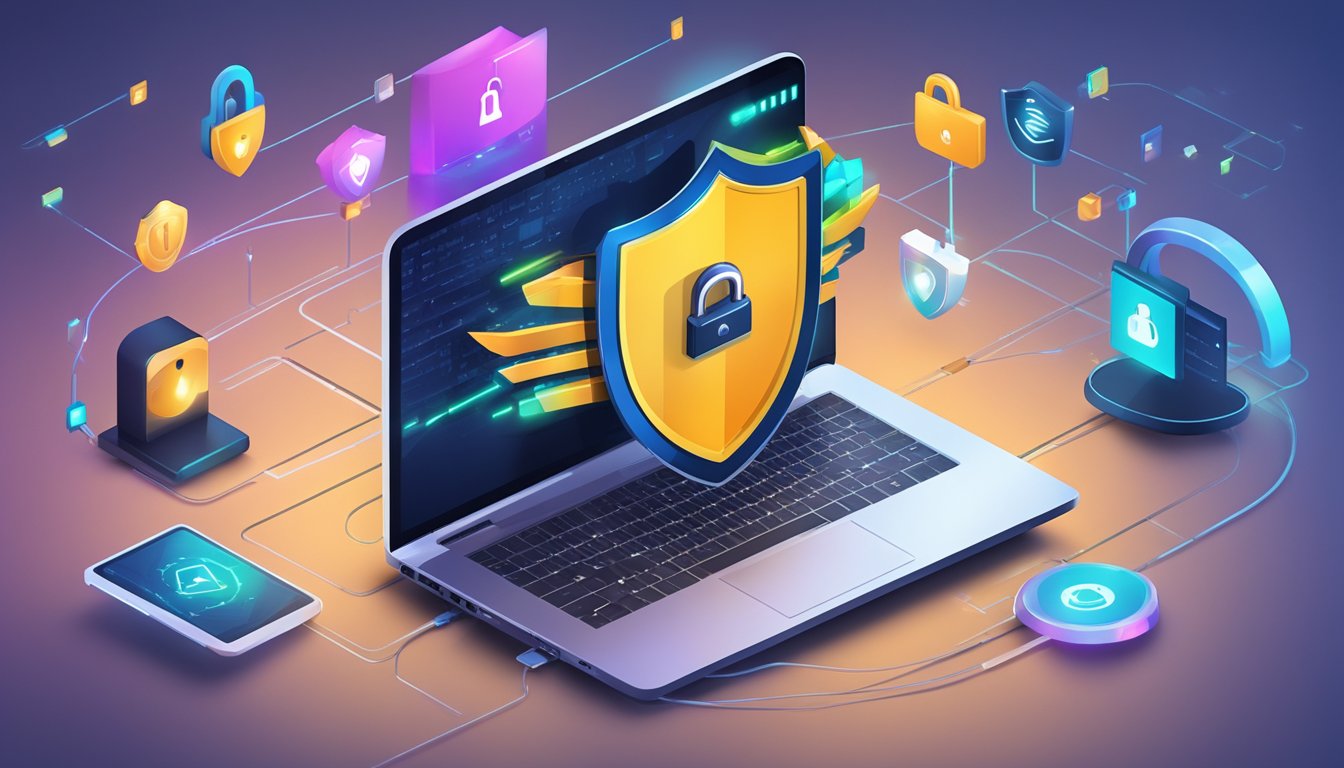
When you use a VPN, it’s like pulling a digital cloak over your internet presence. This is key to keeping your online activities private and secure.
Shielding Your Digital Footprint
Every time you surf the web, you leave a digital footprint. This footprint can be tracked by marketers, hackers, and even governmental agencies.
By using a VPN, your true IP address is hidden, effectively masking your activities from prying eyes.
Imagine a VPN as a secret tunnel for your data – it’s encrypted and secure, ensuring that your digital privacy remains intact.
Understanding the Importance of a No-Logs Policy
Anonymity is the cornerstone of digital privacy, and that’s what a no-logs policy is all about.
It means the VPN provider does not record or store any information about your online activities.
This ensures there’s no record of your browsing history, so even if someone tries to track you down, there’s nothing to find.
Choosing a VPN with a strict no-logs policy is crucial for your peace of mind, protecting you from both tracking and privacy invasion.
The Impact of VPNs on Internet Accessibility
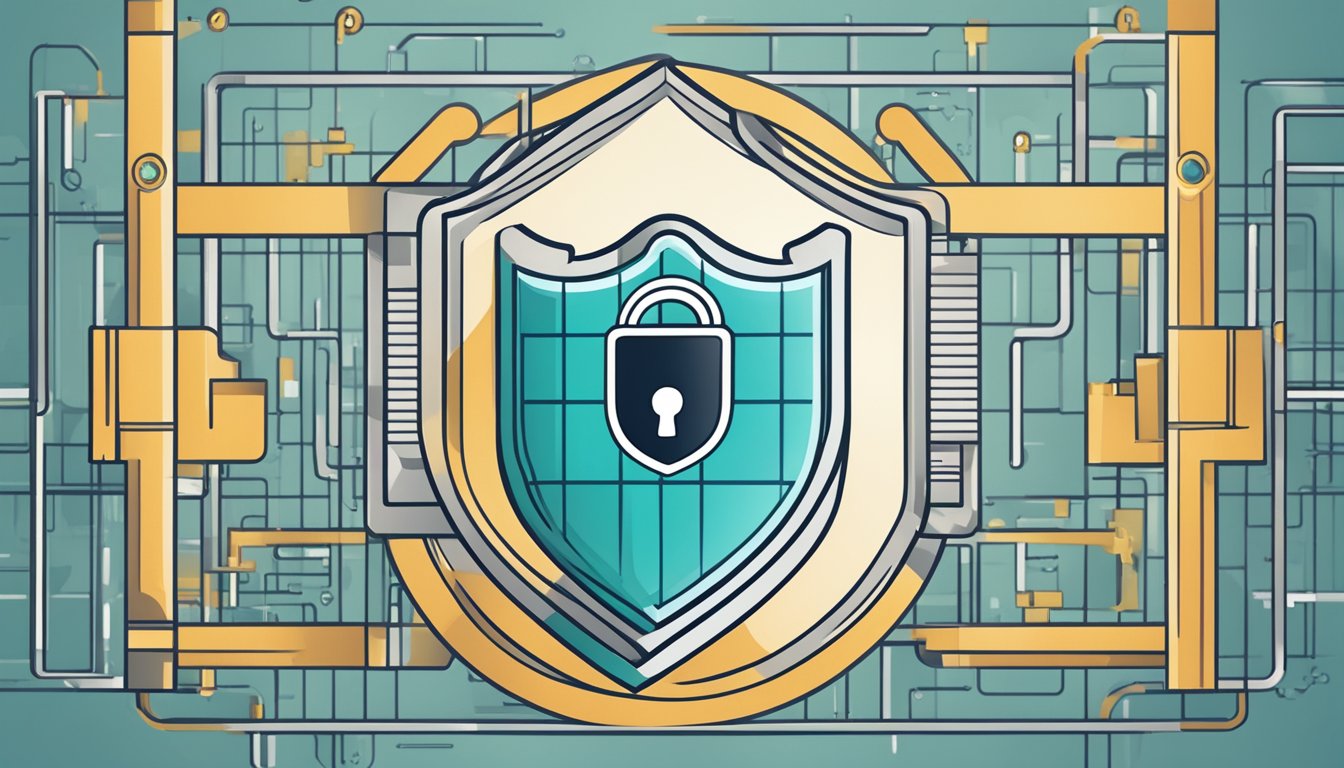
Virtual Private Networks (VPNs) have become critical tools for enhancing your ability to access the internet without restrictions.
They not only help in safeguarding your online privacy but also significantly influence your access to global content and freedom on the internet.
Bypassing Geo-Restrictions and Censorship
When you’re up against geo-restrictions, a VPN is your ticket to a world without virtual borders.
Say goodbye to the frustration of hitting a block when trying to watch your favorite show on streaming services just because it’s not available in your country.
With a VPN, you can connect to a server in a location where the content is accessible, effectively bypassing regional blocks and enjoying internet freedom.
For instance, if you’re traveling abroad and you find that your home country’s news sites are blocked, a VPN allows you to connect to a server back home, making it seem like you haven’t left at all.
This ability to avoid online censorship is crucial for maintaining access to information, especially in areas where internet use is strictly controlled.
Benefits of Remote Work and Travel
Remote Work:
- Security: Using a VPN ensures that your connection to your office network is secure and encrypted, safeguarding company data.
- Access: Gain entry to work resources that might be restricted based on geography, making working from anywhere seamless.
Traveling Abroad:
- Internet Freedom: A VPN provides the ability to access content from your home country, ensuring you stay up-to-date with your favorite shows and news.
- Public Wi-Fi Protection: It keeps your personal information safe when using unsecured public Wi-Fi networks, which are common while traveling.
In the context of remote work, a VPN is more than just a security measure; it’s an enabler for a borderless workspace.
Whether you’re sipping espresso at a Parisian café or lounging at a beach resort, you can connect to your company’s network safely, just like if you were in the office.
And for those of you who love to travel, a VPN not only lets you bring a slice of home with you by unlocking home country content but also protects your device on those risky public Wi-Fi networks.
Practical VPN Considerations and Tips
When you’re looking to protect your online activity, the right VPN can be your gateway to enhanced privacy and security.
Below, we’ll dive into the nitty-gritty of choosing a VPN that meets your needs and getting it up and running smoothly.
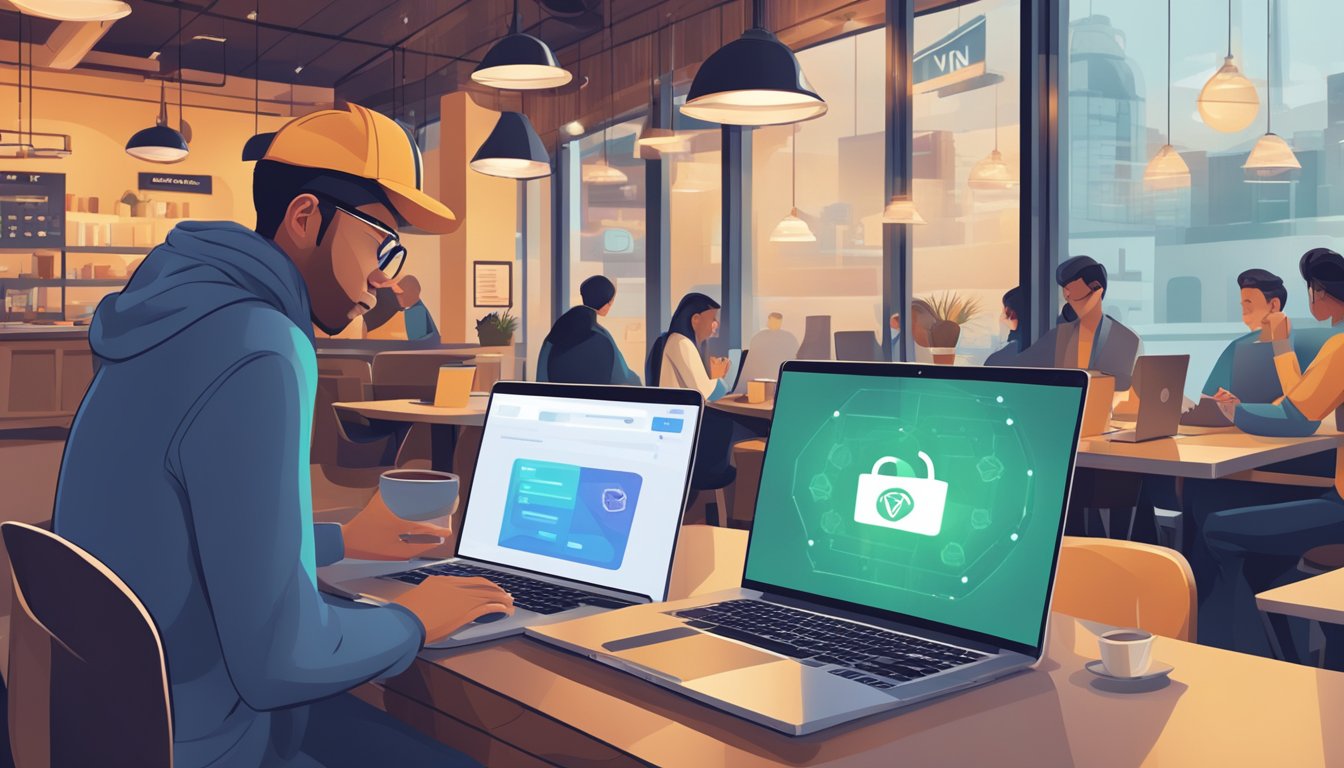
Choosing the Right VPN Service
What’s important when picking a VPN? First, consider your needs: Are you looking to boost security on public Wi-Fi networks, ensure your ISP can’t throttle your bandwidth, or reliably stream content from various platforms?
- Reputation and Reliability: Look for services praised for strong encryption practices and a no-logs policy. Reading reviews and expert guides can offer insight into the reliability of a service.
- Speed and Performance: High connection speeds and low latency are vital, especially for tasks like streaming. A good VPN shouldn’t slow you down significantly.
- Server Locations: The more servers, the better. It’s not just about quantity, though; check if there are servers near your location or in countries you want to connect through.
- Compatibility: Ensure the VPN works on all your devices. Some VPNs offer additional features like automatic connections on unsafe Wi-Fi networks.
Setting Up and Troubleshooting
Once you’ve chosen a VPN, setting it up should be straightforward.
Download the app from the provider’s website, install it on your device, and log in.
For public Wi-Fi use, ensure your VPN is active to maintain your privacy.
- Connection Issues:
- If you’re struggling to connect, try switching servers or protocols within the app.
- This can resolve issues related to overloaded servers or software glitches.
- Slow Speeds:
- Experiencing slow speeds? Test different servers.
- If the issues persist, your VPN may be limiting your bandwidth. You might need to consider a different provider.
